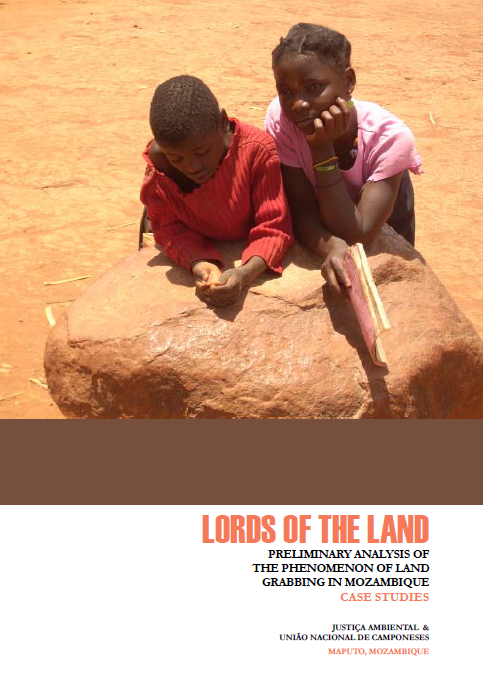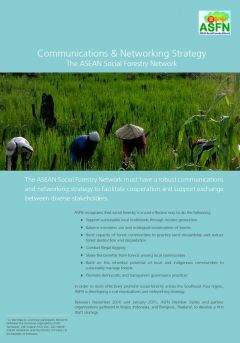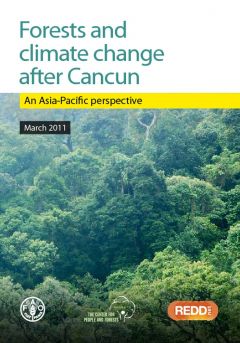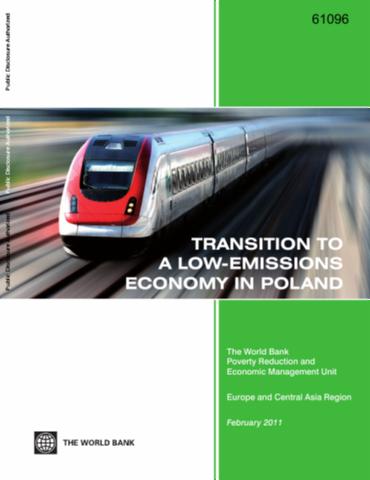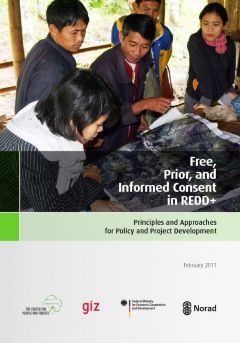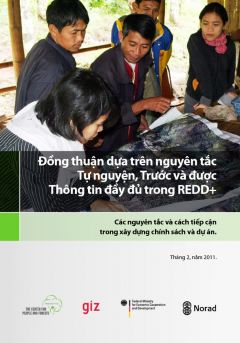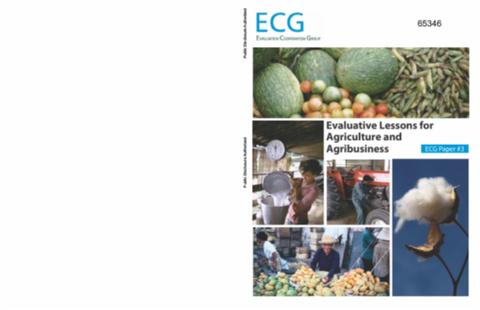Livestock surge may harm human health
Livestock intensification in developing countries, especially in Africa and Asia, may increase the incidence of epidemics that kill both humans and animals, the International Livestock Research Institute (ILRI) warns. Livestock numbers are rising sharply due to population growth and the rise in affluence, as both factors lead to increased demand for milk, meat and eggs.


